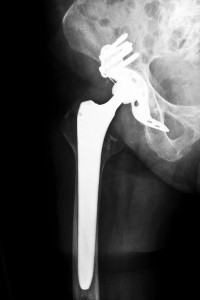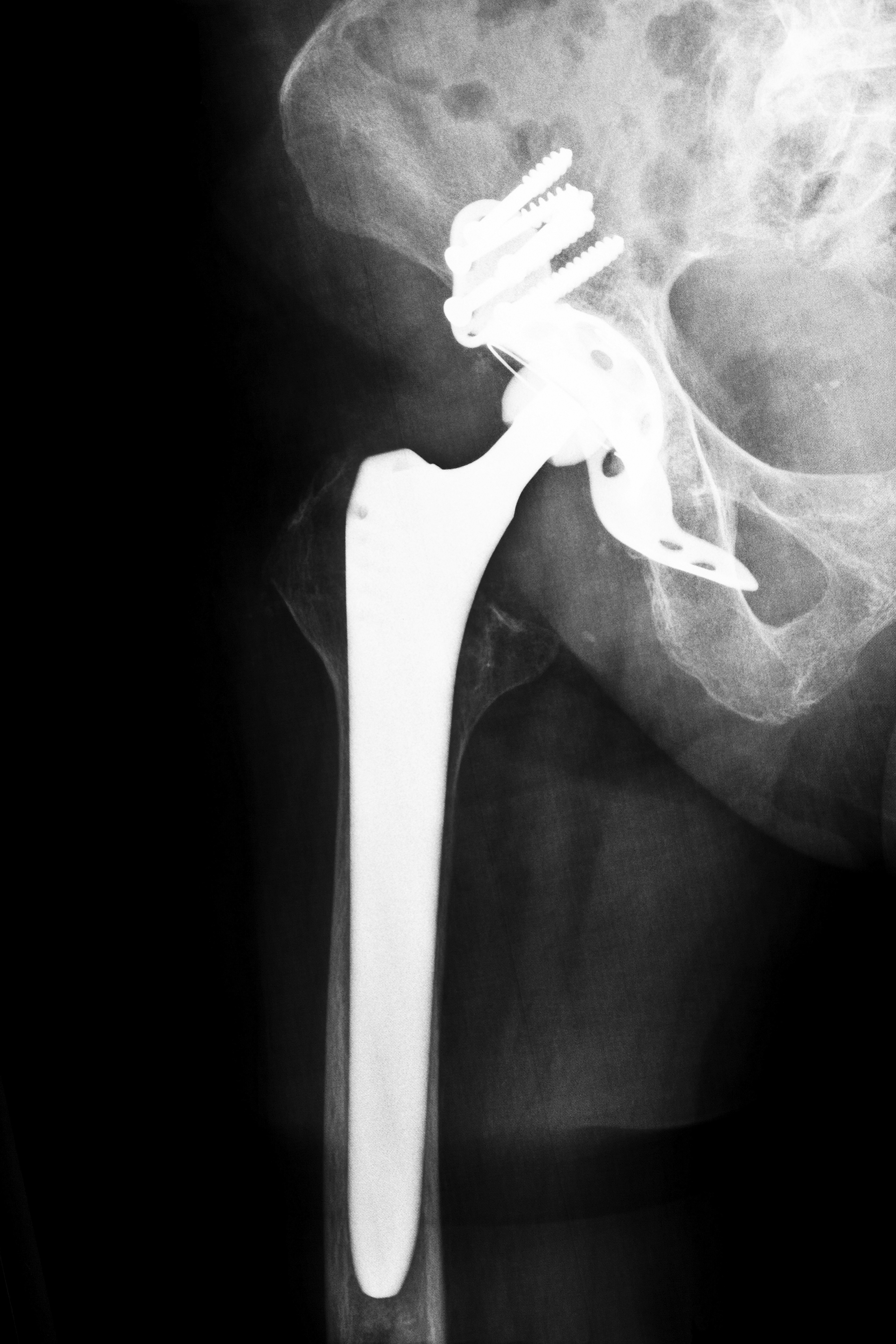 In 2010, Johnson & Johnson’s DePuy Orthopedics department issued recalls of two hip replacement systems, the ASR XL Acetabular Hip System and the DePuy ASR Hip Resurfacing System. Since that time, other manufacturers have recalled metal on metal hip implant systems due to the unique risks these types of hip replacements carry for patients. Because there is evidence that the manufacturers were aware of these problems before they were released on the market, lawsuits have been filed in Louisiana and other states by patients who have suffered injury and even death after these devices were used. If you or someone you love has had hip replacement surgery, here are answers to commonly asked questions related to implants and the recalls.
In 2010, Johnson & Johnson’s DePuy Orthopedics department issued recalls of two hip replacement systems, the ASR XL Acetabular Hip System and the DePuy ASR Hip Resurfacing System. Since that time, other manufacturers have recalled metal on metal hip implant systems due to the unique risks these types of hip replacements carry for patients. Because there is evidence that the manufacturers were aware of these problems before they were released on the market, lawsuits have been filed in Louisiana and other states by patients who have suffered injury and even death after these devices were used. If you or someone you love has had hip replacement surgery, here are answers to commonly asked questions related to implants and the recalls.
1. What are metal on metal hip implants?
Metal on metal hip implants consist of a ball, stem and shell that are all made of metal materials. It was believed that the metal components of the devices would generate less wear when the ball and socket rubbed against each other during normal movement. In addition, the developers believed that the metal on metal devices would have less chance of dislocation and a decreased risk off device fracture.
2. Why are the implants being recalled?
Problems were identified as far back as 2009 during clinical trials for DePuy’s ASR Hip Resurfacing System when the devices had a high rate of early failure during the trials. Despite these reports, DePuy continued to sell the devices until 2009 when they pulled them from the market in Australia, claiming lack of demand. In early 2010, they pulled them from the market globally, citing lack of sales, but did not tell doctors to stop using them. It was not until August 2010 that DePuy issued a voluntary recall, citing studies that the devices had a higher revision rate than other devices.
3. What are some of the symptoms and problems identified with the devices?
Because the ball and joint rub against each other in metal on metal hip implants, tiny metal ions are released into the joint space due to normal wear and tear. These metal pieces can enter the bloodstream, causing problems for some patients, especially those who have metal sensitivities. In addition, studies have found that metal on metal implants fail at a greater rate than implants made of other materials, requiring patients to have additional surgeries. Symptoms that indicate a problem with an artificial hip joint include:
- Pain and discomfort at the joint
- Loosening of the joint
- Swelling around the hip
- Numbness in the hip or leg
- Fracture of the implant
- Flu-like symptoms
- Chronic fatigue
- Rashes and other skin conditions
There are studies that have found that the metal fragments can cause cancer or damage to other organs as the spread throughout the body. In one report, metal fragments from a metal on metal implant as large as between one and two centimeters. This report also found that revision surgery can increase the migration of metal debris as the removal of the implant could be complicated by desired bone growth in the area of the replacement.
4. How do I know if my hip replacement has been recalled?
The FDA posts consumer information about serious medical device recalls with a searchable database that allows any consumer to see if the recall affects them. However, the best way to learn whether your hip replacement device has been recalled is to talk to your orthopedic surgeon who will have details on the make, model and manufacturer of the hip implant he used.
5. What implants have been recalled?
Some of the metal on metal implants that have been recalled include, but are not limited to:
- Depuy ASR XL Acetabular System
- Stryker Rejuvenate and ABG II
- Smith & Nephew R3 Metal Liners of the R3 Acetabular System
- Biomet M2a Magnum
- Wright Medical Technology Conserve and Profemur Z Stem
- Zimmer Durom Acetabular Component
These hip implants were sold in Louisiana and throughout the United States, as well as in foreign countries.
6. Have there been lawsuits filed by patients in Louisiana?
Lawsuits have been filed in Louisiana and other states by patients who have suffered after receiving the metal on metal hip implants. In fact, a Georgia man filed his lawsuit in Louisiana federal court as early as 2010, claiming that his hip failed soon after it was implanted.
7. What do I do if I think I have a claim?
If you or a loved one has suffered injury after hip replacement surgery, or if a loved one has died from complications of hip replacement surgery, contact Attorney Group for Louisiana for a free consultation to determine whether you have a claim against the manufacturer.






